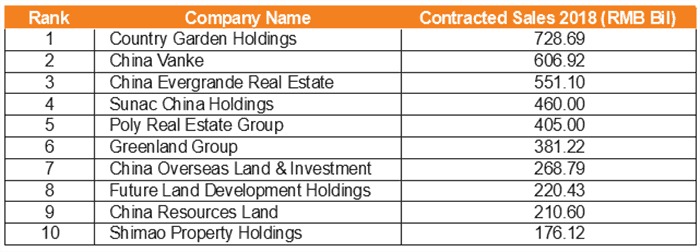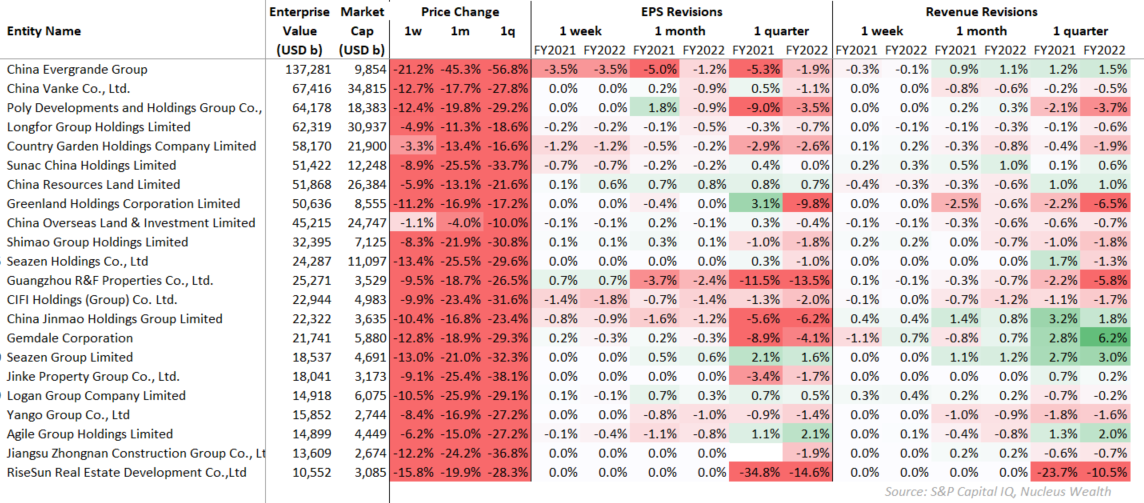

“The issuer does not seem to be making much progress in resuming construction, given its difficulties in raising new financing,” S&P Global analysts wrote in a note published Monday.Ĭhinese authorities have been trying to contain the fallout. Now, though, that streak has ended.Īnother credit ratings agency, S&P, said earlier this week that “default looks inevitable for Evergrande” with repayments of $3.5 billion on US-dollar denominated bonds due in the coming months. It previously appeared to avoid default on any of its offshore bonds by paying overdue interest before their grace periods expired.

The company had been scrambling for months to raise cash to repay lenders, and Xu has even been selling off personal assets to prop up its finances. So far this year, the stock has lost 87%. In another filing Monday, the company said it would set up a risk management committee that would be headed by Evergrande’s chairman and founder Xu Jiayin to focus on “mitigating and eliminating” future risks.įears of default sent shares of Evergrande plummeting 20% on Monday. Song fan/Imaginechina/APĮvergrande's billionaire founder has been bailing out the business. Xu Jiayin (Hui Ka Yan), Chairman of Evergrande Group, attends a press conference during the First Session of the 13th National Committee of the CPPCC (Chinese People's Political Consultative Conference) in Beijing, China, 10 March 2018.Ī press conference on improving capability to guarantee and enhance wellbeing of the people was held on the sidelines of the first session of the 13th National Committee of the Chinese People's Political Consultative Conference (CPPCC) in Beijing, capital of China, 10 March 2018. At that time, it said it was planning to “actively engage” with offshore creditors on a restructuring plan. In a stock exchange filing last Friday, it said it might not have enough funds to meet its financial obligations. However, the company had warned this may be coming. The US Federal Reserve warned last month that trouble in Chinese real estate could damage the global economy.Įvergrande did not immediately respond to a request from CNN Business for comment. “We are therefore assuming they were not paid,” Fitch said.Įvergrande has about $300 billion in total liabilities, and analysts have worried for months about whether a default could trigger a wider crisis in China’s property market, hurting homeowners and the broader financial system. The payments were due a month ago, and grace periods lapsed Monday.įitch noted that Evergrande made no announcement about the payments, nor did it respond to inquiries from the ratings agency. The credit ratings agency on Thursday downgraded the company and its subsidiaries to “restricted default,” meaning that the firm has failed to meet its financial obligations.įitch said the downgrade reflects the company’s inability to pay interest due earlier this week on two dollar-denominated bonds. It previously defaulted on a dollar debt in 2015, becoming the first Chinese developer to do so.Evergrande, the embattled Chinese property developer, has defaulted on its debt, according to Fitch Ratings. The company has about $11.6bn of dollar-denominated bonds outstanding.

Some bondholders sent a formal offer of forbearance on the debt to give Kaisa more time to repay, but it was not clear on Wednesday whether Kaisa would accept. Kaisa last month announced a plan to delay the repayment timeline for some of its debts, offering an exchange for at least $380m of bonds, which would have given it room to find money further down the line.īut the offer failed to win the 95% approval from bondholders needed for the plan to go ahead. Its shares have lost 75% of their value this year. It is the second time Kaisa has suspended trading in the last month. On Wednesday morning, the firm announced it was suspending trading in Hong Kong, where it is listed, “pending the release by the company of an announcement containing inside information”. A debt swap involves giving creditors shares in the company instead of repaying the debts. Kaisa, the 27th-largest Chinese real estate firm in terms of sales, became the latest company to spook investors when it announced on Friday that it had failed in its attempt to secure a debt swap that would have bought it crucial time. Companies that had accrued huge debt to expand found the money taps turned off and began struggling to complete projects, pay contractors and meet domestic and foreign repayments.


 0 kommentar(er)
0 kommentar(er)
